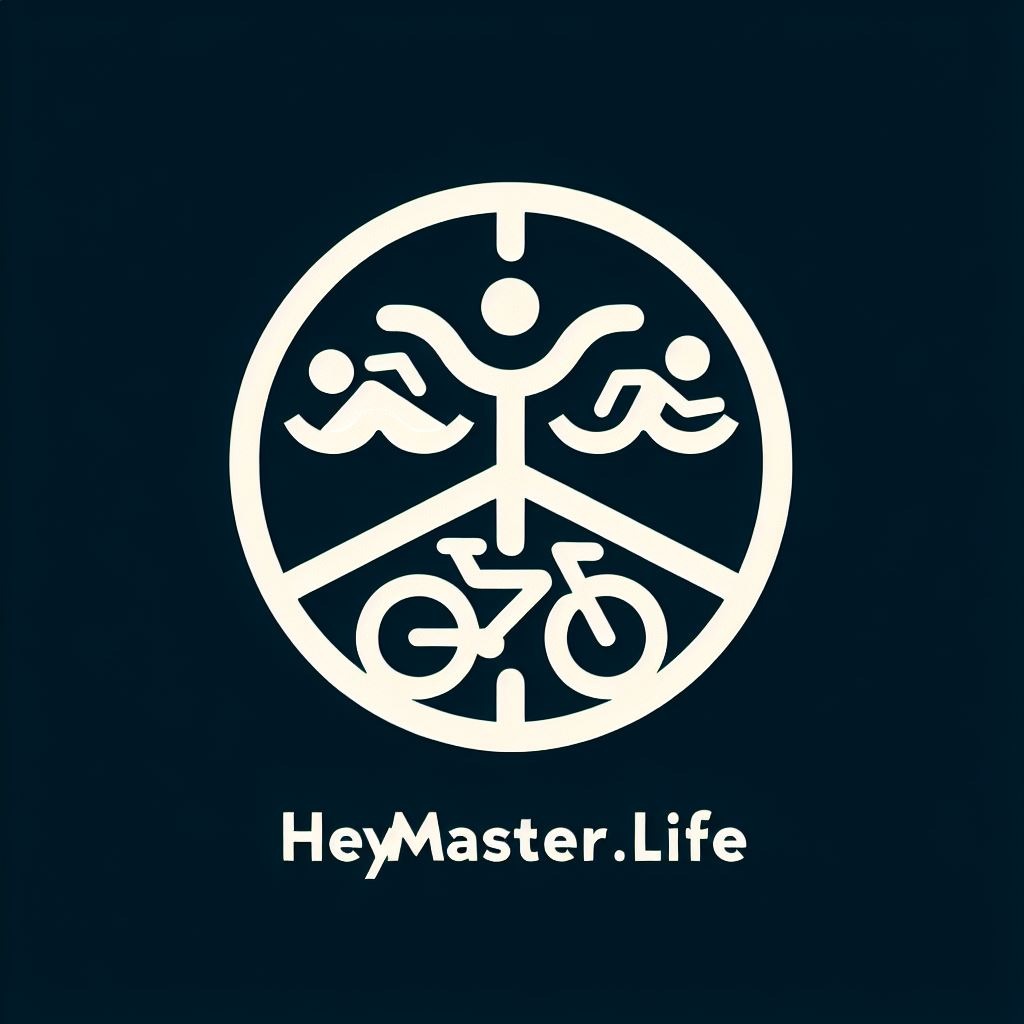Do you want to know how to Train for an Ironman with a Full life? Here’s How.
If you’ve ever dreamed of finishing an Ironman but feel like your job and family responsibilities make it impossible, you’re not alone. Many amateur athletes ask:
Do I really have enough time to train? You don’t need 20+ hours a week like the pros. With a structured plan, 8-12 hours per week is enough to prepare for race day. The key is making every session count.
How can I balance training with work and family? Smart time management is essential. Early mornings, lunch breaks, and weekends become your best training windows. Involving your family and being flexible with your schedule will help you stay on track.
Will I actually be able to finish? If I did it while working full-time, so can you. The most important thing isn’t being perfect—it’s staying consistent. Every small step adds up to crossing the finish line.
A few years ago, I stood at the starting line of my first Ironman, I had a full-time job, partner responsibilities, and just enough time to train. But as I crossed the finish line hours later, I was exhilarated, I knew—it was possible.
Training for an Ironman with a full-time job and a family isn’t easy, but it can be done. Here’s how I managed it and how you can too.

1. Get Real About Your Time when you train for an Ironman
Most full-time workers can dedicate 8-12 hours per week to training—far less than professional triathletes but enough to finish an Ironman.
• Make a weekly schedule that includes work, family time, and training.
• Identify wasted time—scrolling social media, watching TV—and reclaim it for workouts.
• Use your commute if possible (bike to work, run home).
• Prioritize key workouts (long bike rides, long runs, and brick sessions).
Even if you miss a session, don’t stress. Training isn’t about perfection; it’s about consistent progress.
2. Plan Like a Pro when you train for an Ironman
The best way to fit Ironman training into a busy life is with a structured plan that balances all three disciplines.
• Choose a 20-30 week training plan that suits your experience level.
• Schedule key workouts like meetings—non-negotiable but flexible.
• Train early in the morning to avoid conflicts with work and family.
• Save long workouts for weekends when you have more flexibility.
Having a clear plan keeps you from wasting time deciding what to do each day. You just follow the schedule and get it done.
3. Involve Your Family
Training for an Ironman is a huge commitment, but it doesn’t have to be a solo journey. Getting your family involved can make a big difference.
• Talk to your partner and kids about your goal so they understand and support you.
• Find ways to include them—family bike rides, running while your kids are at sports practice.
• Give back time by scheduling quality family moments before they ask for them.
When your family feels included, they’ll be more likely to cheer you on rather than resent the time you spend training.
4. Make Every Workout Count when you train for an Ironman
With limited time, efficiency is everything. You don’t need to log endless miles—you need focused, high-quality training.
• Brick workouts (bike + run) mimic race conditions in less time.
• Interval training improves endurance and speed faster than long, slow miles.
• Swim drills boost technique and efficiency, saving energy on race day.
• Strength training (even just 20 minutes twice a week) prevents injuries and improves performance.
Every session should have a clear purpose. Avoid “junk miles” and train with intention.
5. Recovery & Nutrition Matter when you train for an Ironman
Ironman training isn’t just about workouts—it’s about how well you recover. Without proper rest and fueling, you’ll burn out.
• Prioritize sleep—7+ hours per night is essential for endurance training.
• Meal prep in advance so healthy eating is easy (avoid relying on takeout).
• Listen to your body—skip a session if you’re overly fatigued to avoid injury.
• Hydrate constantly—dehydration can derail training progress.
The better you recover, the stronger you’ll be for your next workout.
6. Believe You Can Do It
Doubt is normal. There will be days when you feel overwhelmed and question if it’s possible. But trust me—I’ve been there, and I promise you can do this.
• Focus on progress, not perfection.
• Celebrate small wins, like completing a tough workout or hitting a new distance.
• Visualize crossing the finish line.
You don’t need superhuman discipline—just a plan, consistency, and belief in yourself.
Ready? Start today. The finish line is closer than you think.


Leave a Reply